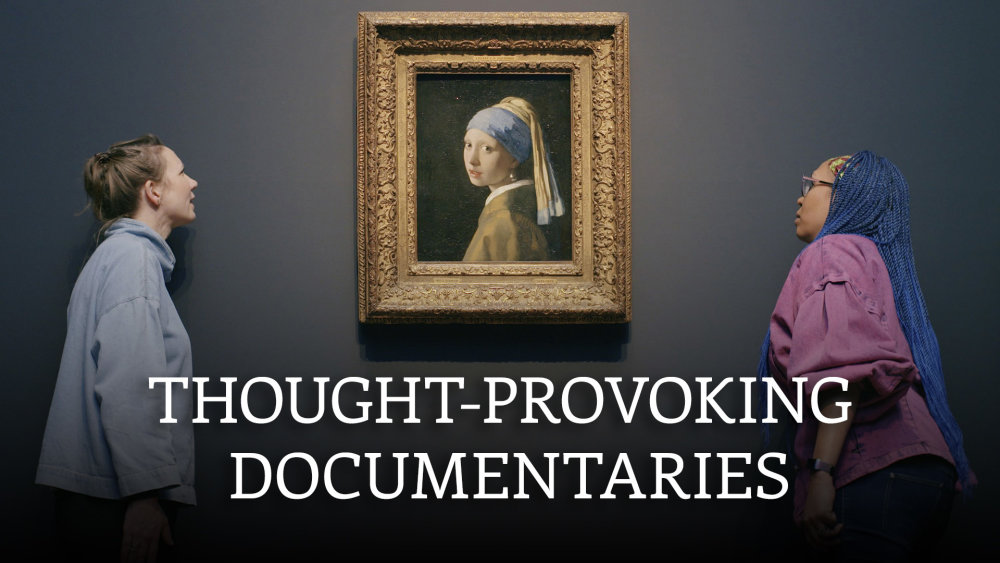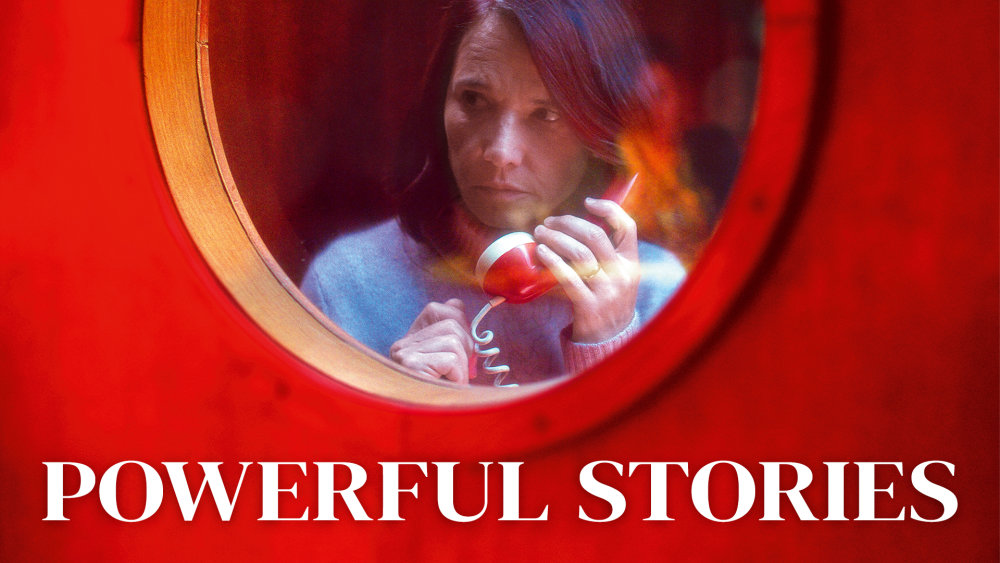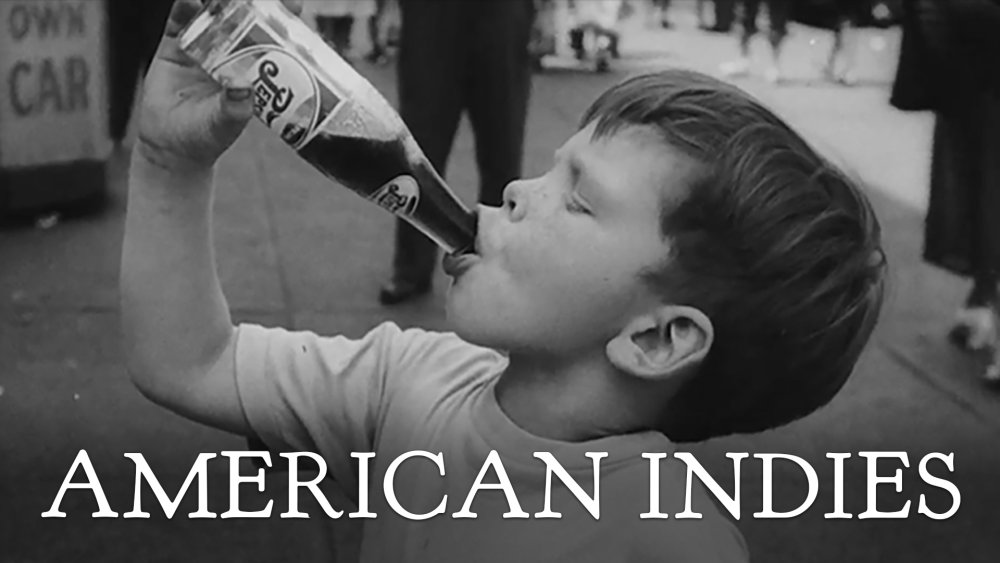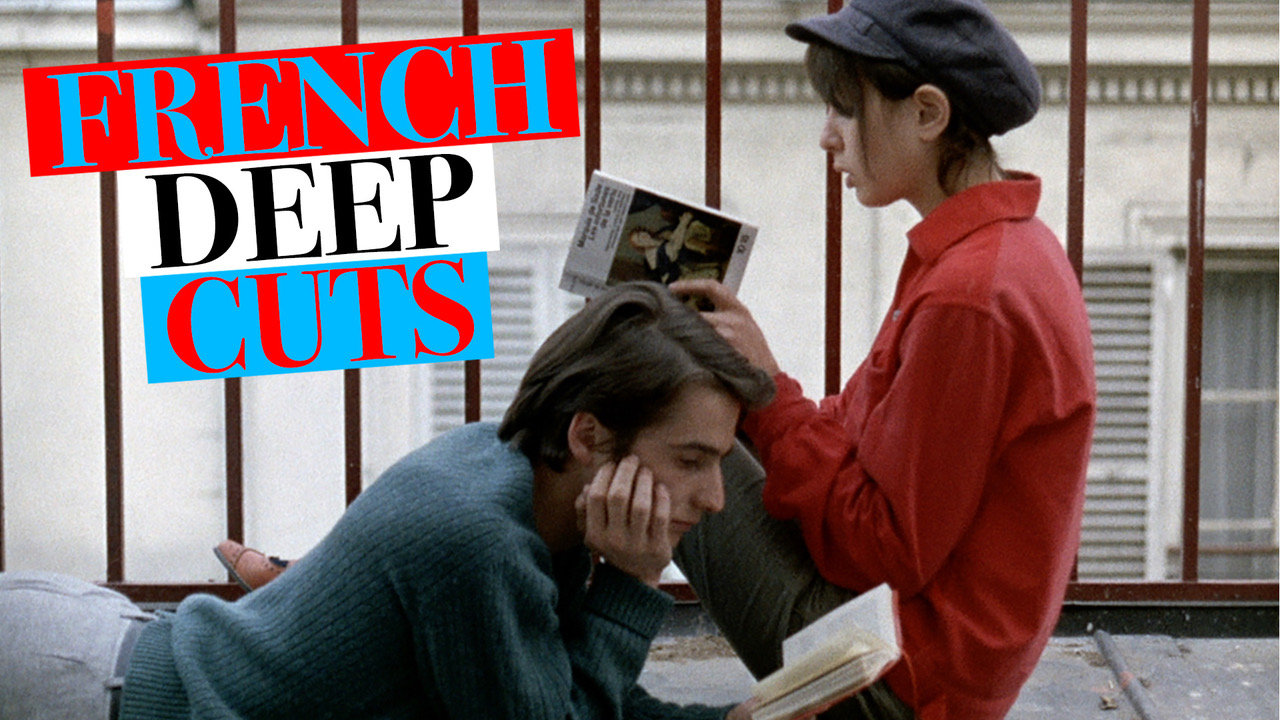
8 Lesser-Known, But Equally Important Films by 3 Legendary French Directors

France has no shortage of film greats, from the masters of French New Wave like Jean-Luc Godard and François Truffaut to contemporary visionaries like Claire Denis. The French were also the originators of film noir (contrary to popular belief), and directors like Jean-Pierre Melville and Louis Malle were prime examples. But each iconic French director came with a long portfolio of works that included some under-the-radar gems. Behind celebrated titles like Breathless and Le Samouraï, there are lesser-known deep cuts by these French giants that also deserve recognition. Kino Film Collection is proud to be home to the lesser-known, but equally important works of three influential French directors: Jean-Luc Godard, Éric Rohmer, and Édouard Molinaro. Just like in music, sometimes the B-sides are the artist’s most interesting works.
Jean-Luc Godard
Godard’s name is synonymous with French New Wave. Even though Truffaut was considered the godfather of French New Wave with his essay “Une certaine tendance du cinéma français,” it was Godard who popularized the movement with films like Breathless and Pierrot le fou. Known for shattering mainstream film conventions and dynamic camera and editing techniques, Godard invented a new cinematic language that continues to influence filmmakers to this day. Godard’s groundbreaking style has influenced the likes of Martin Scorsese, Jim Jarmusch, and Wong Kar-wai. Stream two of his deep cuts and, as a bonus, get to know the director on a deeper level with an eye-opening documentary.

La Chinoise (1967)
Disillusioned by their suburban lifestyles, a group of students form a small Maoist cell and plan to change the world by any means necessary. After studying the growth of communism in China, the students decide they must use terrorism and violence to ignite their own revolution. Director Jean-Luc Godard, an advocate of Maoism, infuriated many traditionalist critics with this swiftly paced satire.
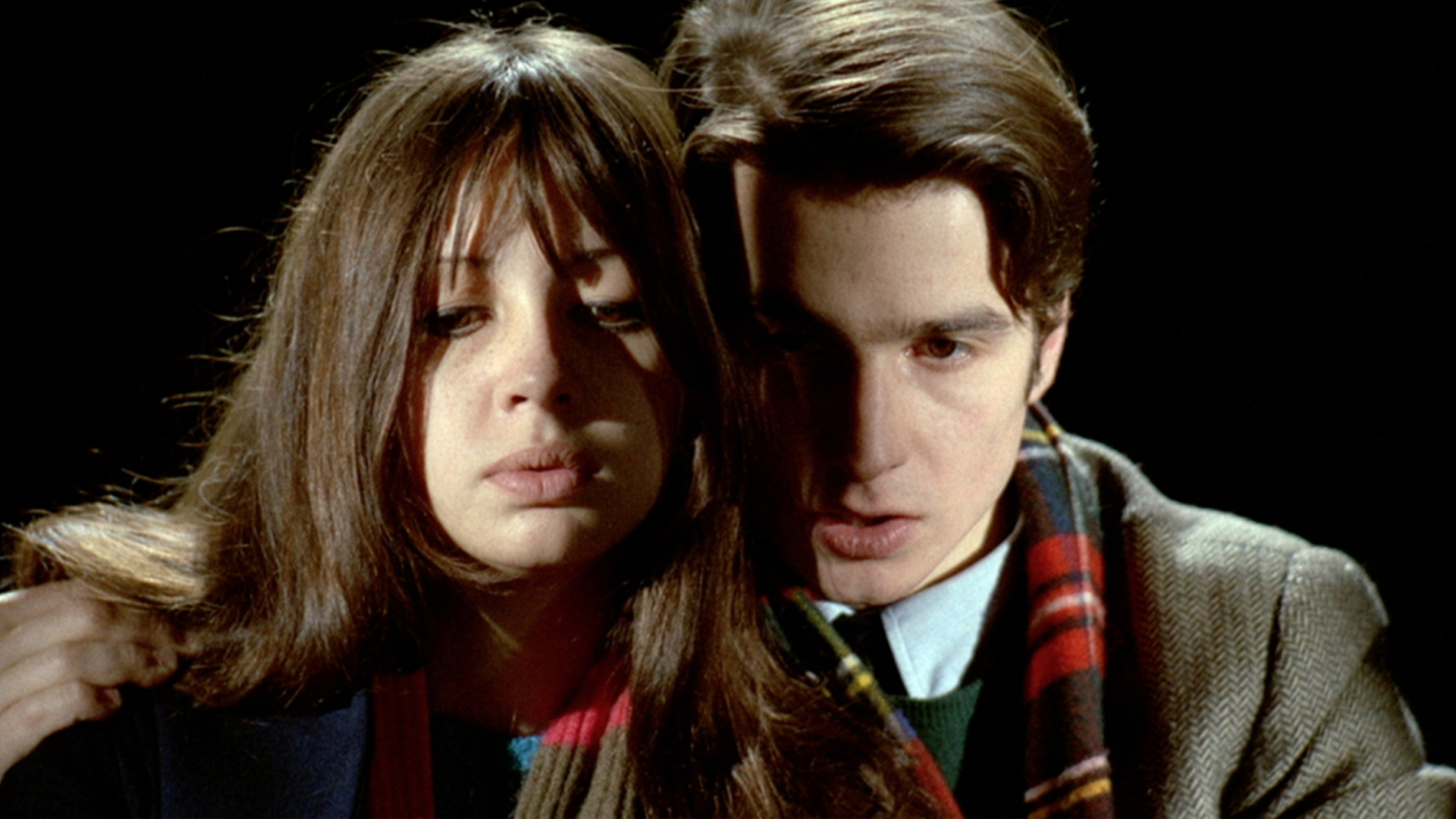
Le Guy Savoir (1969)
In this classic film from Jean-Luc Godard, two militants have a discourse on language while alone in an abandoned television studio. Referring to spoken word as "the enemy"—the weapon used by the establishment to confuse liberation movements—the two deconstruct the meanings of sounds and images in an attempt to "return to zero" and truly experience the joy of learning.
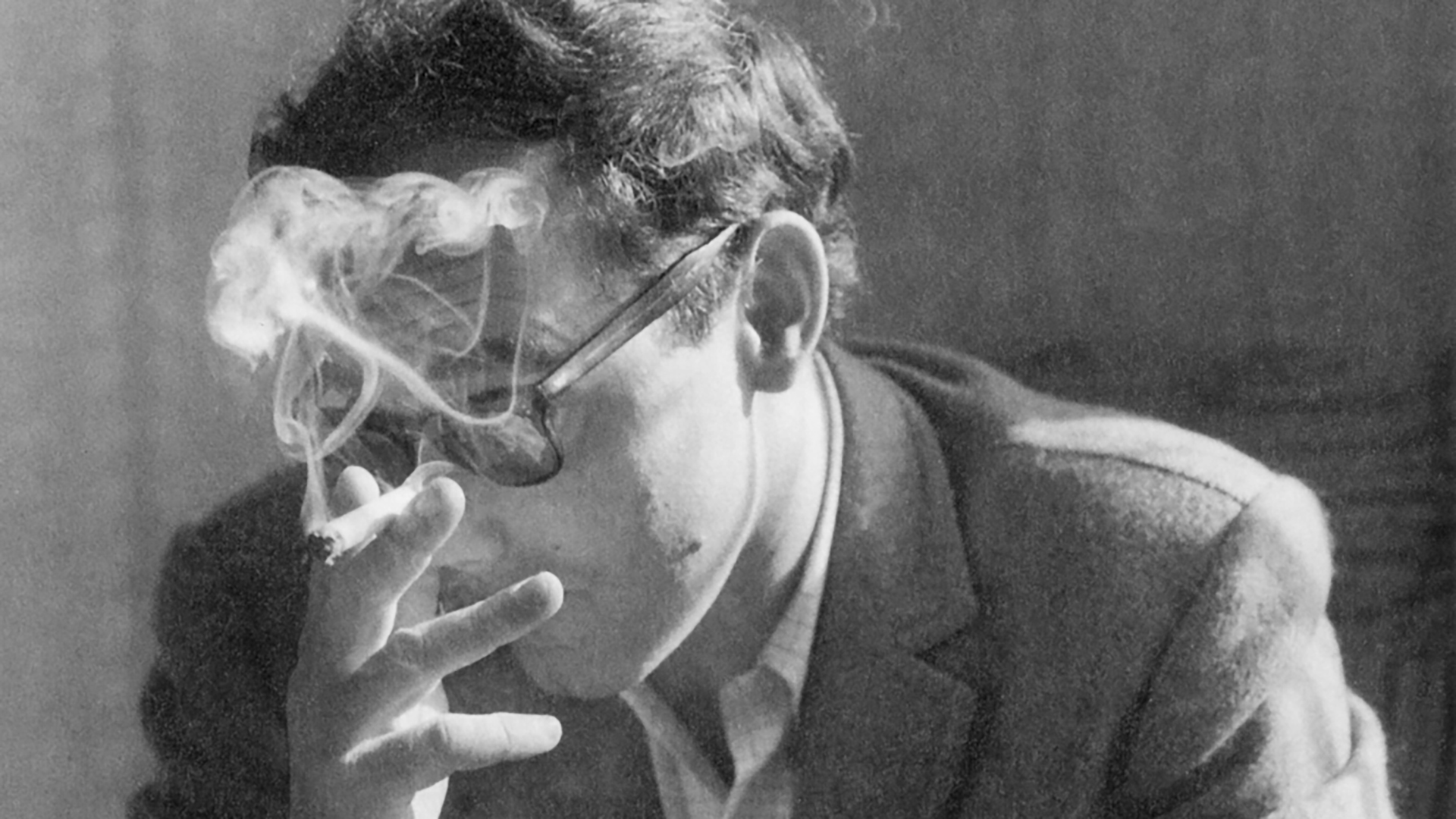
BONUS: Godard Cinema (2022)
Jean-Luc Godard is synonymous with cinema. He arose in the 1960s as a cinematic rebel and symbol for the era's progressive youth. Six decades and 140 films later, Godard is among the most renowned artists of all time. This documentary offers an opportunity for film lovers to look back at his career, while paying tribute to the ineffable essence of the most revered French director of all time.
Éric Rohmer
Another major player in the French New Wave movement, Éric Rohmer traded flashy camera work for long, steady shots that sometimes required patience but were effective in drawing the viewer into the minutiae of a character’s behavior and therefore their inner worlds. Rohmer explored the deep caverns of human relationships by just letting people talk and be, favoring naturalistic, sometimes drawn out dialogue over melodramatic action. The director once said, “What I would most like to do is to make movies with a completely invisible camera.” While Rohmer is known for films like Claire’s Knee and My Night at Maud’s, some of his lesser-known works are just as representative of his distinct (non)style.
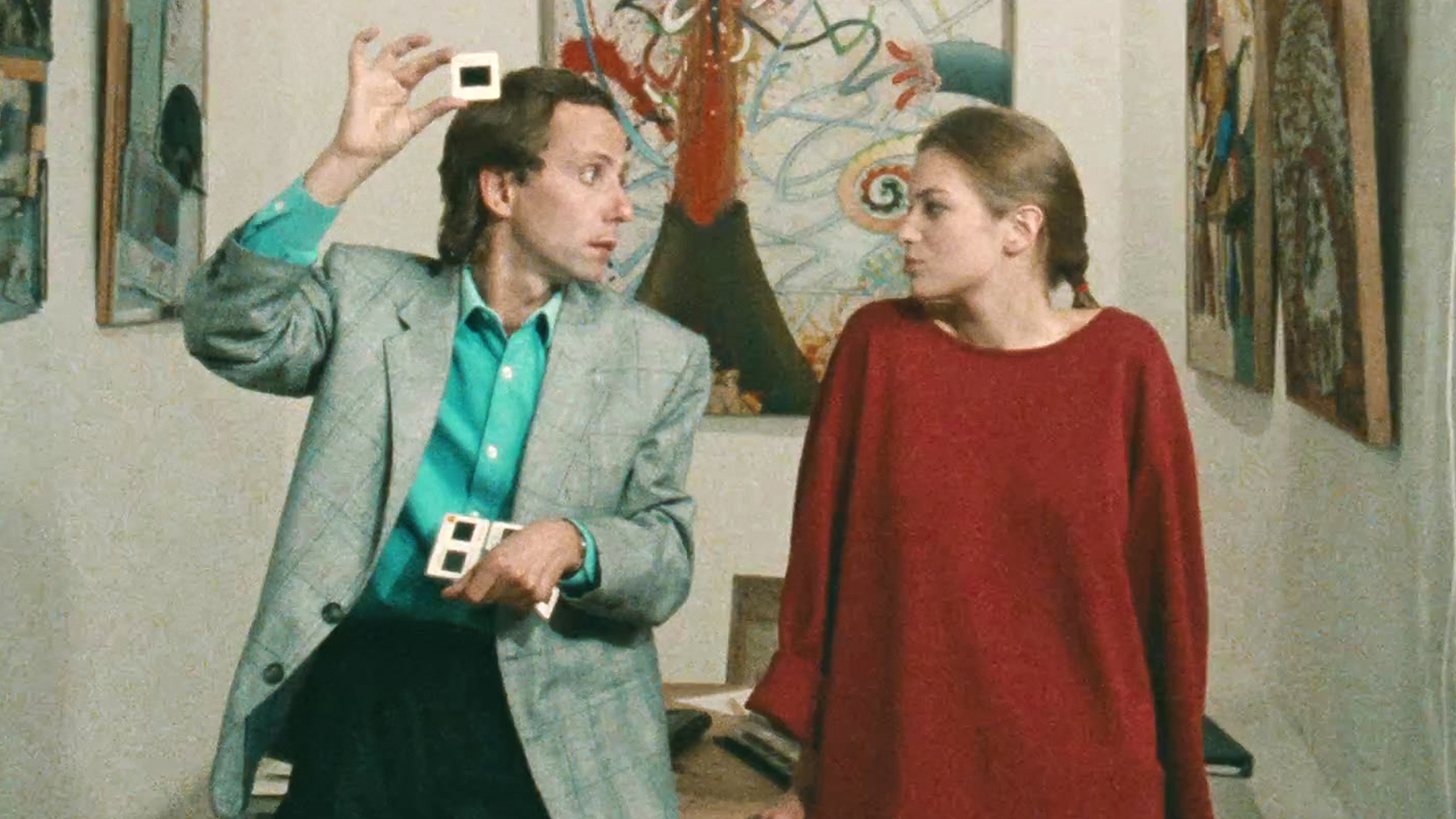
Four Adventures of Reinette and Mirabelle (1987)
Éric Rohmer’s breezy, witty film traces the exploits of two young women—one an ethnology student from the city, the other an unsophisticated aspiring artist from the country. Reinette and Mirabelle become instant friends upon meeting in the first of four vignettes, and become roommates in Paris. Throughout the remaining stories, they encounter many of the inevitable characters of a modern city.
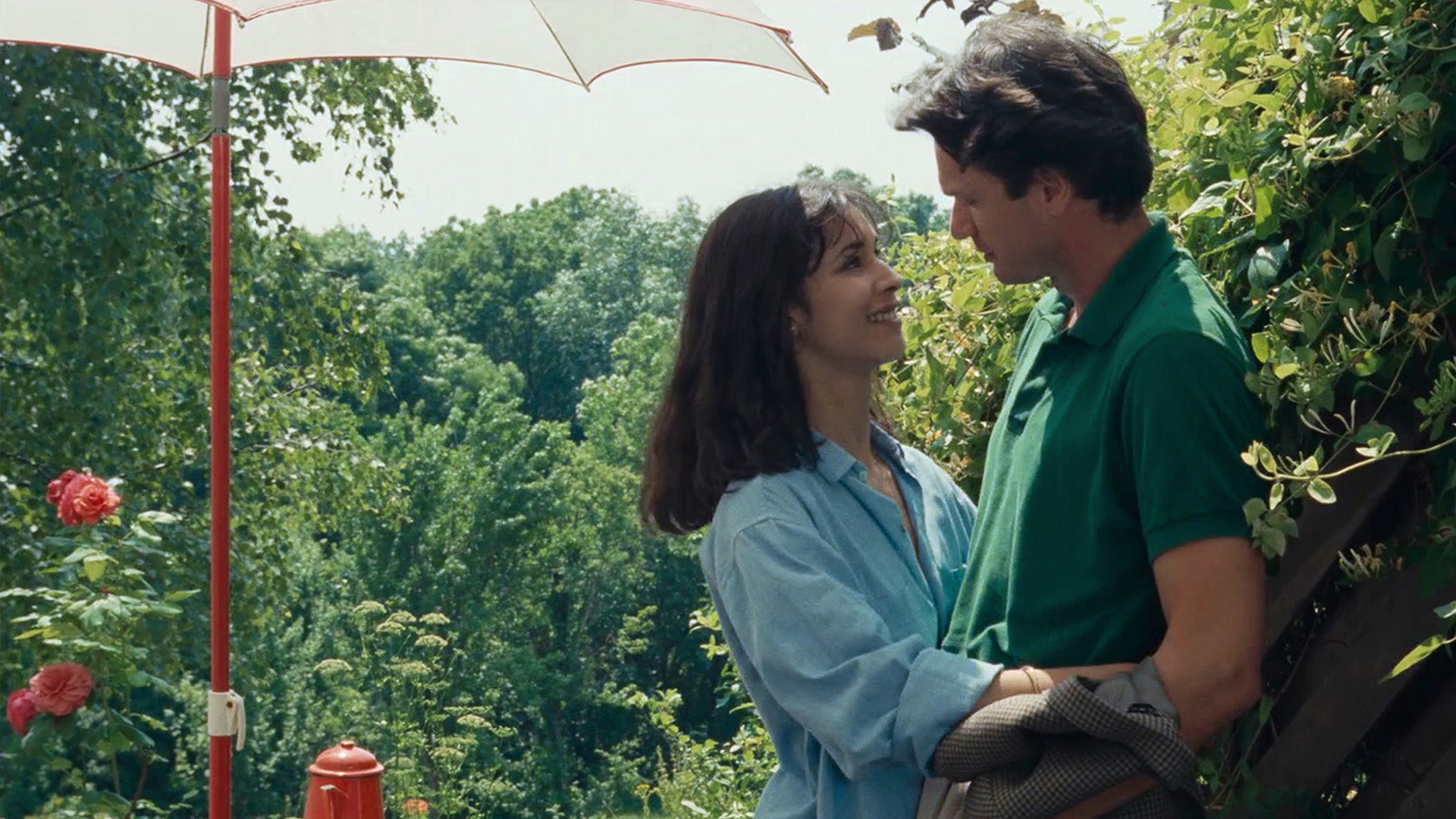
Boyfriends and Girlfriends (1987)
In Boyfriends and Girlfriends (aka My Girlfriend’s Boyfriend) Rohmer uses the amorous misadventures of two girlfriends in the Paris suburbs to test the old proverb “les amis de mes amis sont mes amis” (“the friends of my friends are my friends”) in the final episode of his “Comedies and Proverbs” series. Taking an identifiable stab at a yuppie(ish) set, Rohmer’s witty Shakespearean roundelay involves the buttoned-up Blanche (Emmanuelle Chaulet, in a superb debut) and the free-spirited Lea (Sophie Renoir), and their current amours. The pair are tempted by each other’s love interests, testing both their friendship and their understanding of matters of the heart.
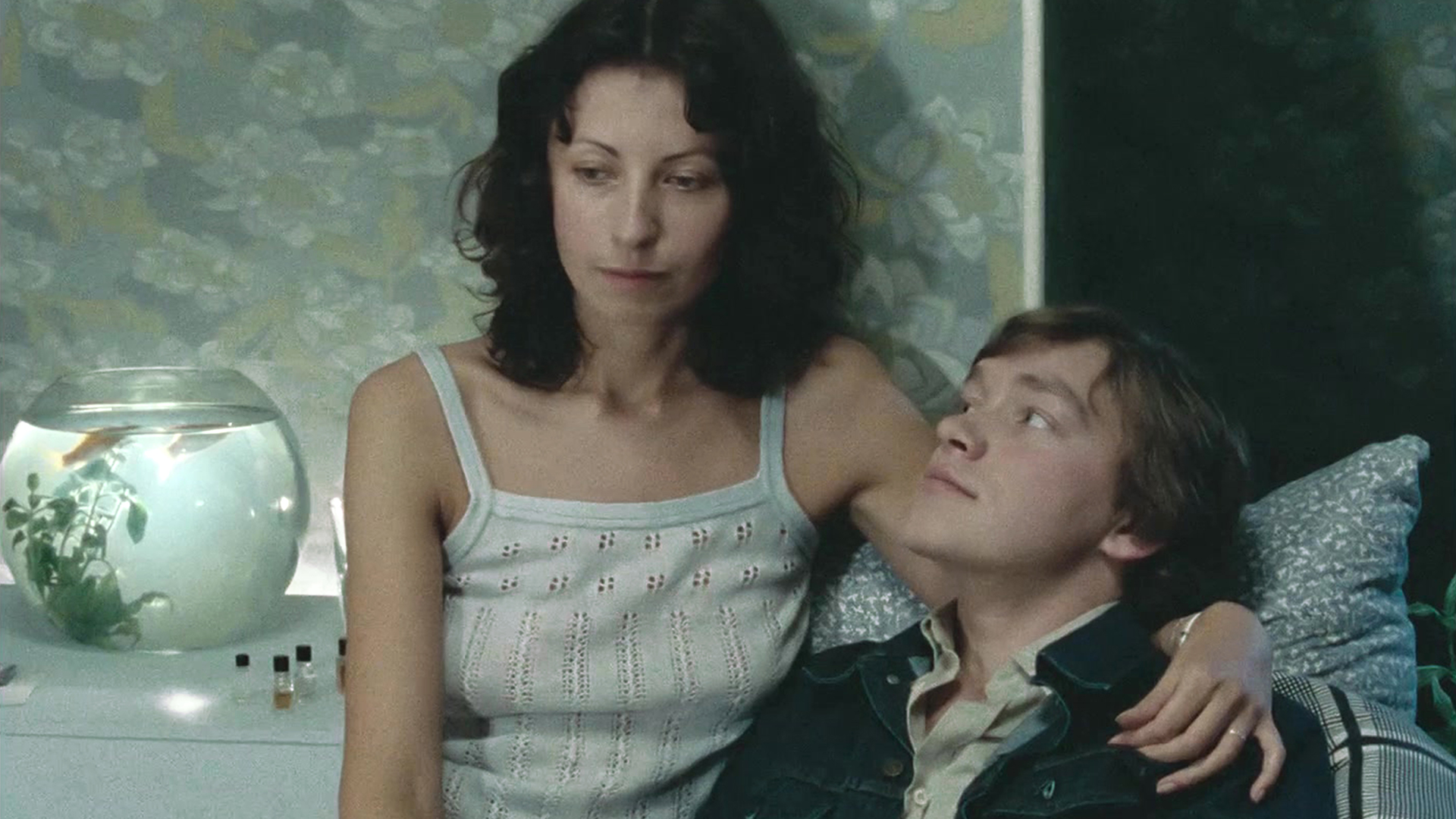
The Aviator’s Wife (1981)
The inaugural film of Eric Rohmer’s sparkling “Comedies and Proverbs” cycle, The Aviator’s Wife is a fleecy farce of romantic overanalysis that finds the director exploring the possibilities of handheld camerawork as he seeks a narrative expression of the opening epigraph: “It is impossible to think of nothing.” A young man sees his girlfriend’s ex leaving her apartment one early morning, and his imagination is off to the races, as stars Philippe Marlaud and Marie Rivière (The Green Ray) introduce a younger, less perfectly articulate type of Rohmer character than those of the “Moral Tales.”
Édouard Molinaro
Édouard Molinaro is best-known for his uproarious 1978 comedy La Cage aux Folles, a beloved staple in the canon of queer cinema and the basis for the 1996 Mike Nichols film The Birdcage starring Robin Williams and Nathan Lane. But before Molinaro turned to comedy, the French director made a series of noir films that translated the disillusionment of French poetic realism into captivating crime thrillers. Kino Film Collection is fortunate to have the best of both worlds: one Molinaro comedy and two of his most well-known noirs.
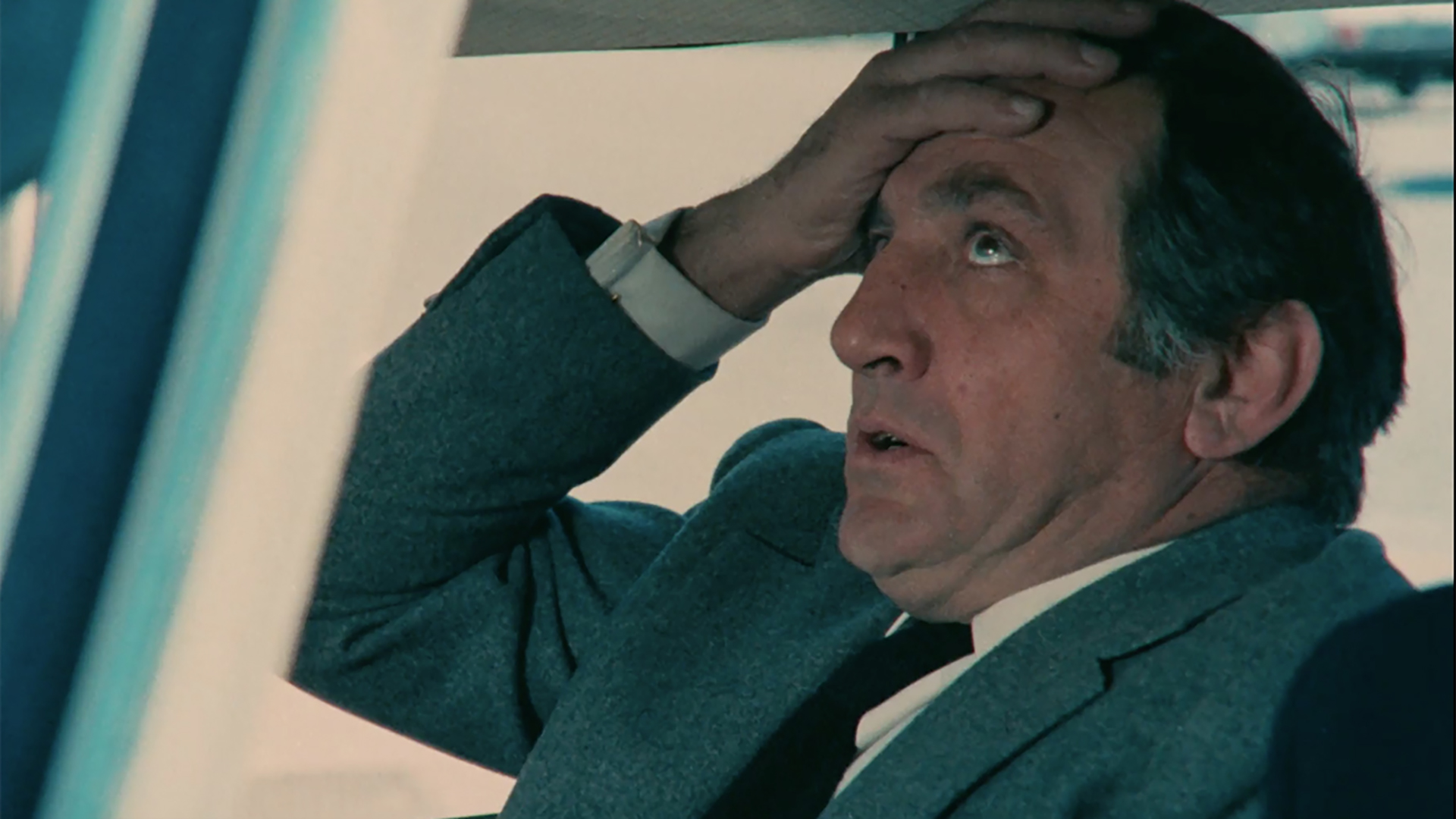
A Pain in the Ass (1975)
A hired killer has come to Montpellier to fulfill a “contract” that a powerful crime organization has placed on a man about to testify against the mob at an upcoming trial. From director Édouard Molinaro comes this action-comedy starring screen greats Lino Ventura, Jacques Brel, and Caroline Cellier.
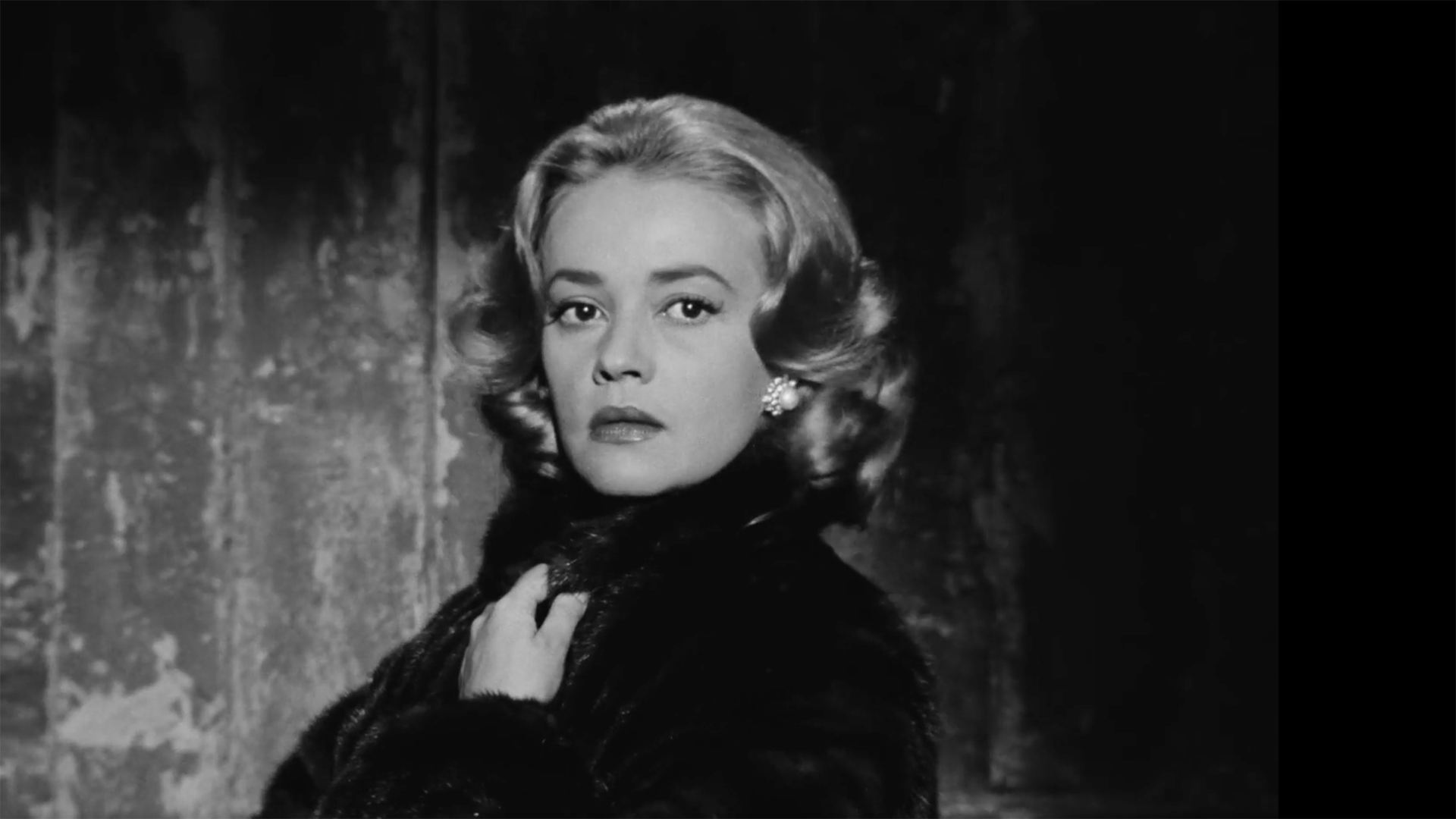
Back to the Wall (1958)
Screen legend Jeanne Moreau stars in this twisty, mood-drenched film noir from acclaimed crime writer Frédéric Dard. When a wealthy industrialist discovers that his wife (Moreau) is having an affair with a young actor, he decides to exact revenge by blackmailing her under an assumed identity in director Édouard Molinaro’s stylish tour de force.
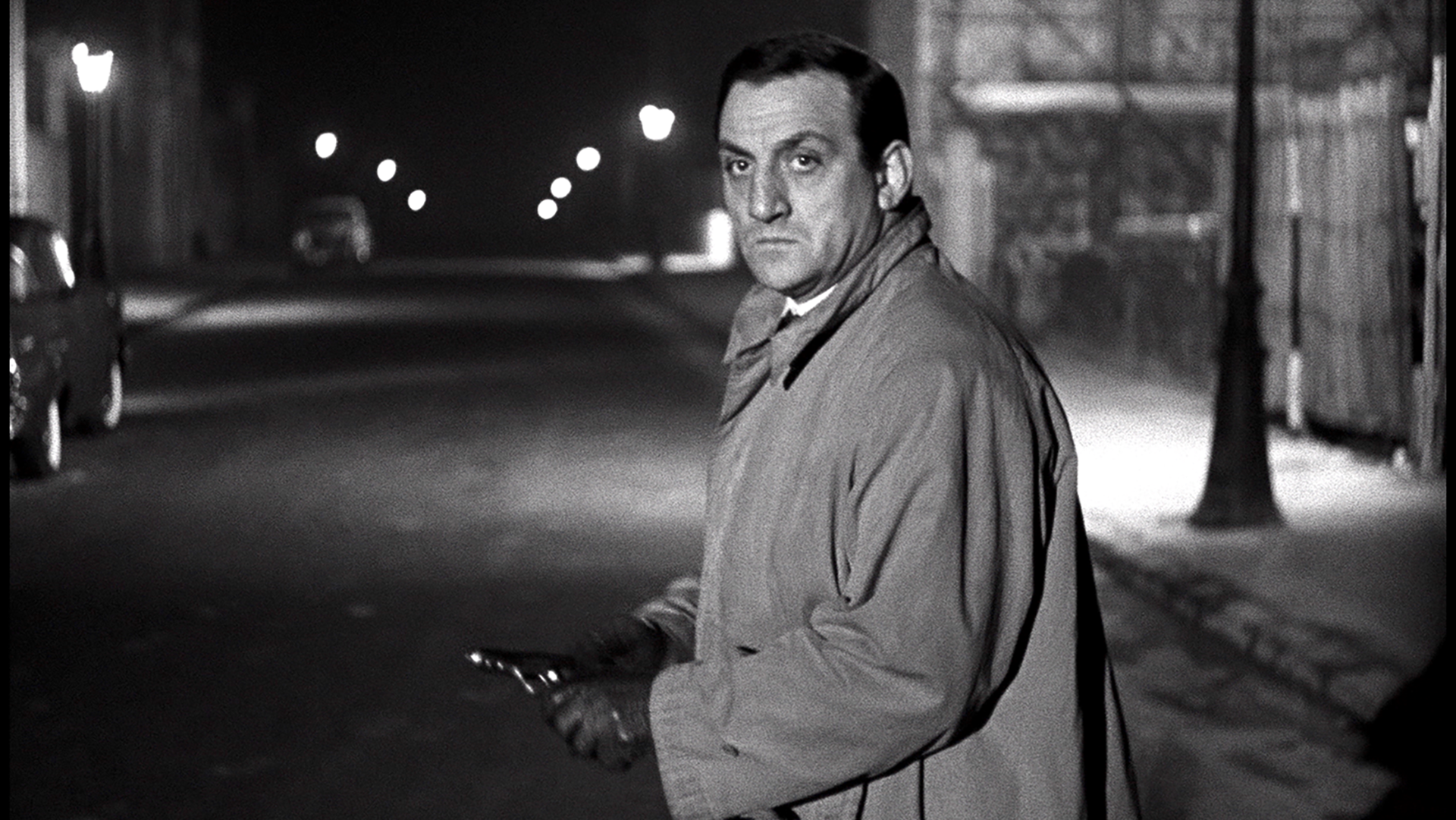
Witness in the City (1959)
Directed by Édouard Molinaro, this pulse-pounding film noir based on a novel by Thomas Narcejac is a dark tale of vengeance starring the great Lino Ventura in an early leading role. When an industrialist kills his mistress by throwing her off a train, her husband (Ventura) takes to the streets of Paris to avenge his wife’s murderer.




